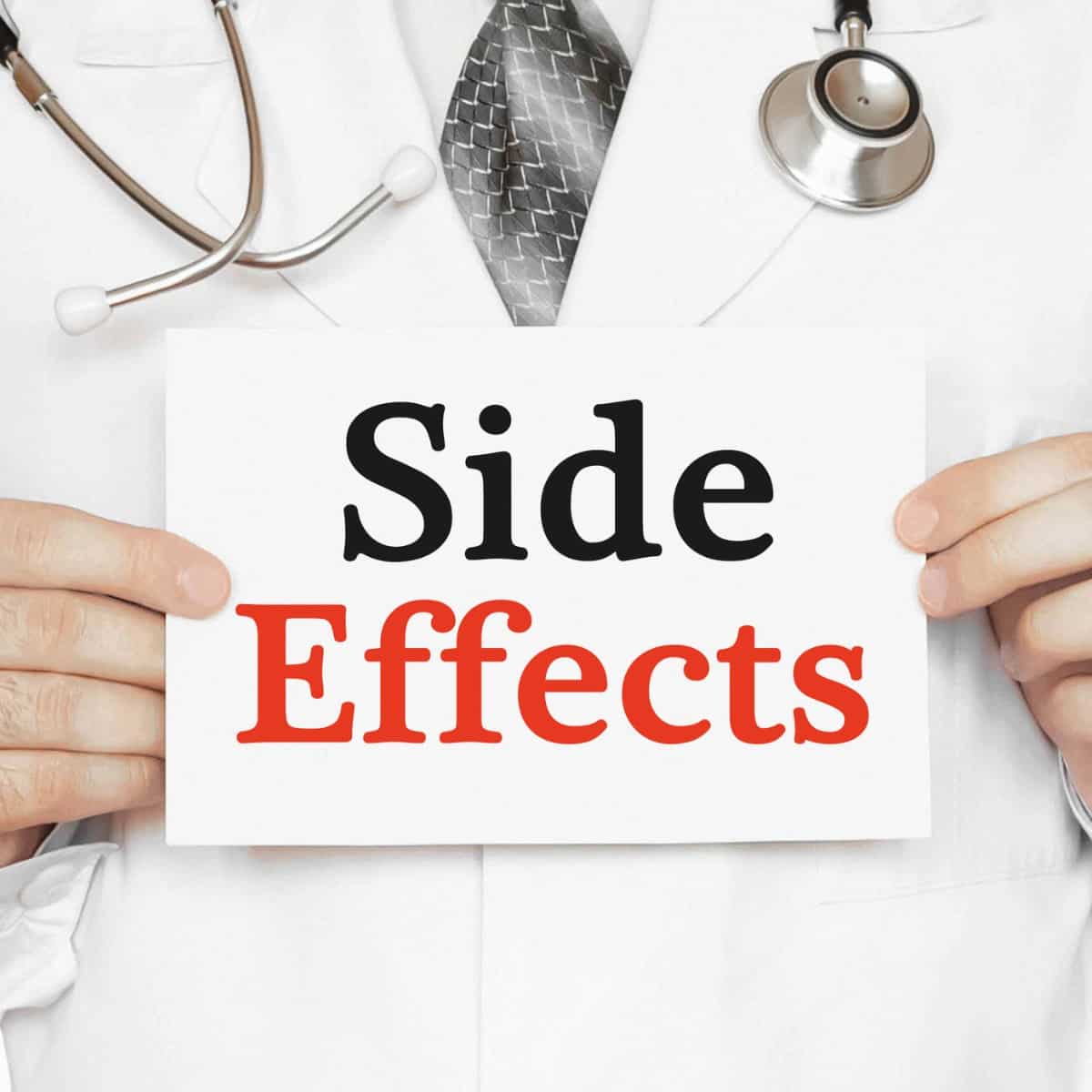
Resveratrol is one of the most popular antioxidants on the market today, thanks to its potential anti-aging, heart-health, and anti-inflammatory benefits. But with so many resveratrol supplements available, it’s hard to know which form is best.
In this guide, we’ll break down the types of resveratrol supplements—and how to choose the one that’s right for you.
What Is Resveratrol?
Resveratrol is a natural polyphenol is most commonly found in:
- Red wine
- Grape skins and seeds
- Peanuts
- Blueberries
- Japanese knotweed (Itadori tea)
- (See here for the complete list of Resveratrol Sources)
It’s known for helping combat oxidative stress in the body. Studies suggest resveratrol may support heart health, reduce inflammation, and promote healthy aging.
Why Should You (And Shouldn’t You) Use a Resveratrol Supplement?
While food sources of resveratrol are beneficial, supplementing allows you to achieve consistent and higher concentrations—something difficult to do through diet alone.
However, not all supplements are created equal. The stability, absorption, and packaging of resveratrol greatly affect how much your body actually uses.
Here’s the absolute, most important thing to remember about resveratrol. The reason that it is beneficial to your body is because when you consume it, it normally has not come into contact with oxygen. Your body is full of “free radicals” which are molecules desperately searching for extra electrons to make themselves stable.
Resveratrol is those extra electrons.
If the resveratrol comes into contact with oxygen, the unstable molecules in the oxygen will take the extra electrons and it will be of no value to your body. So you must find a supplement that has shielded the resveratrol from oxygen.
RESVERATROL POWDERS:
Pros:
- Easy to mix in drinks
- May contain synergistic antioxidants (grape, blueberry, knotweed, etc.)
Cons:
- Highly sensitive to air exposure (oxidation)
- Potency decreases once opened if not individually packaged
Best Practice:
Look for individually sealed powder packets (example: OPC Factor) to reduce oxidation and maximize freshness.
RESVERATROL PILLS:
Pros:
- Convenient daily option
- Stable when manufactured correctly
Cons:
- Oral absorption (swallowed pills) may be low (2%–20%)
- Exposure to air with each opening of the bottle unless nitrogen-packed
Best Practice:
Choose pills encapsulated in a nitrogen environment or with protective coatings (example: Revatrol).
RESVERATROL DRINKS:
Pros:
- Red wine naturally delivers resveratrol with great bioavailability (via buccal absorption)
- Non-alcoholic grape juice and Itadori tea are good alcohol-free options
Cons:
- Store-bought juices often contain added sugars and degraded resveratrol
- Large bottles of “resveratrol drinks” can lose potency over time once opened
Best Practice:
If you’re not choosing wine or itadori tea, don’t use a resveratrol drink.
A Complete Review of Resveratrol Supplements
We’ve reviewed over 100 resveratrol supplements. Our top supplement recommendations can be found at our Top Supplements Page. Links to the rest can be found there as well.
Nevertheless, we’ll be reviewing all three forms plus tonics, tablets and elixir’s. and providing links to places where all of them can be purchased with price, shipping and dosage recommendations.
A Little Bit Deeper Research
There is so much to learn in the world of resveratrol, antioxidants, superfoods and wine. This is the place to start, no matter what, if you indeed are looking to maximize your health and live longer.
 |
Proper Resvertrol Dosage What is the proper resveratrol dosage? |
 |
Resveratrol Side Effects Are there side effects to taking resveratrol? |